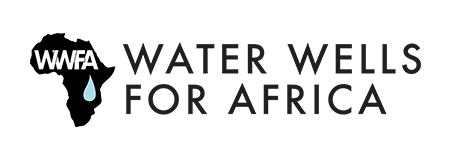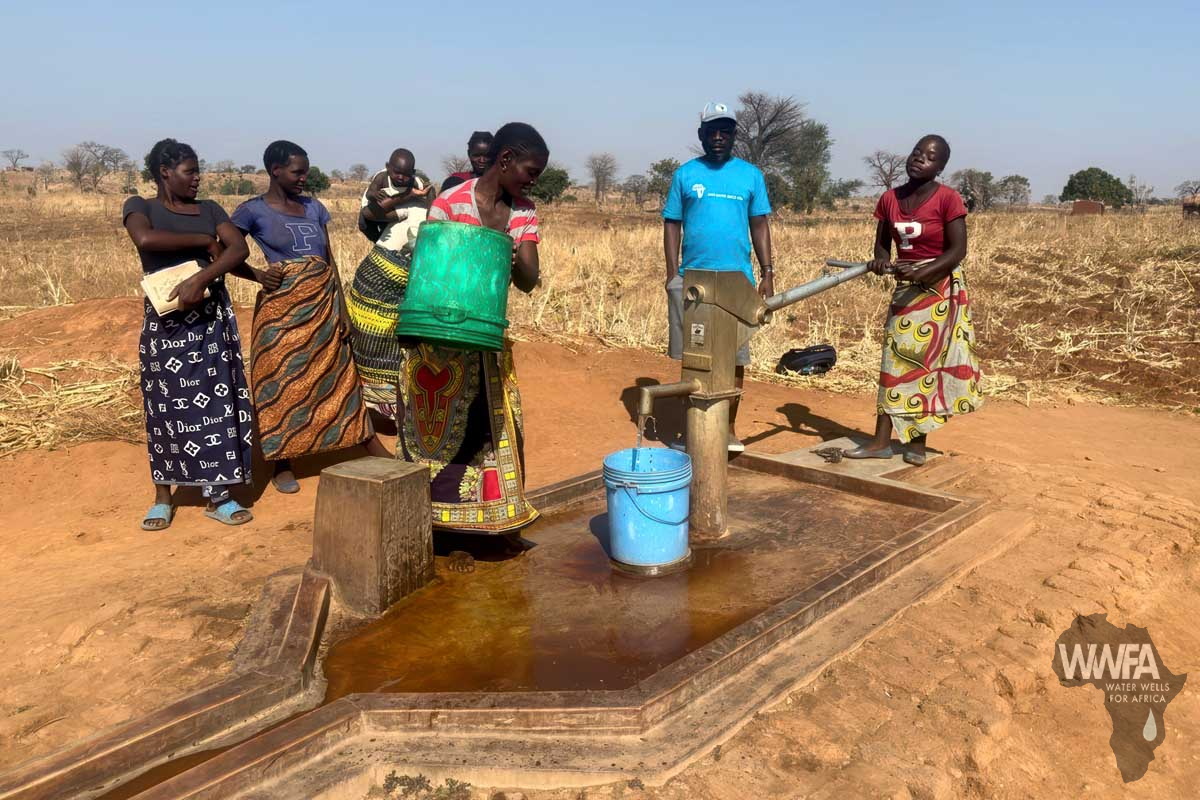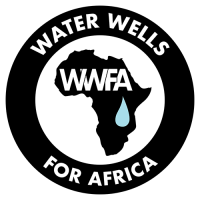Every drop of water once came at a cost in Namilazi Village.
Sometimes it was the cost of illness, with children falling sick from cholera and diarrhea after drinking from the Rivuzi River. Other times, it was the cost of time – hours spent walking to fetch water, leaving little room for anything else. And on the hardest days, it was the cost of money, when families scraped together 500 Kwacha per bucket just to buy water from the next village.
The burden was heaviest on the women. Carrying heavy buckets for long distances left them exhausted, and many gave up opportunities to earn income or participate in community life. Gifts often skipped school to help their mothers fetch water. The elderly, unable to make the journey, simply went without water.
“I used to spend half my day looking for water,” said one mother. “By the time I came back, I was too tired to do anything else.”
For years, this cycle of sacrifice defined life in Namilazi.
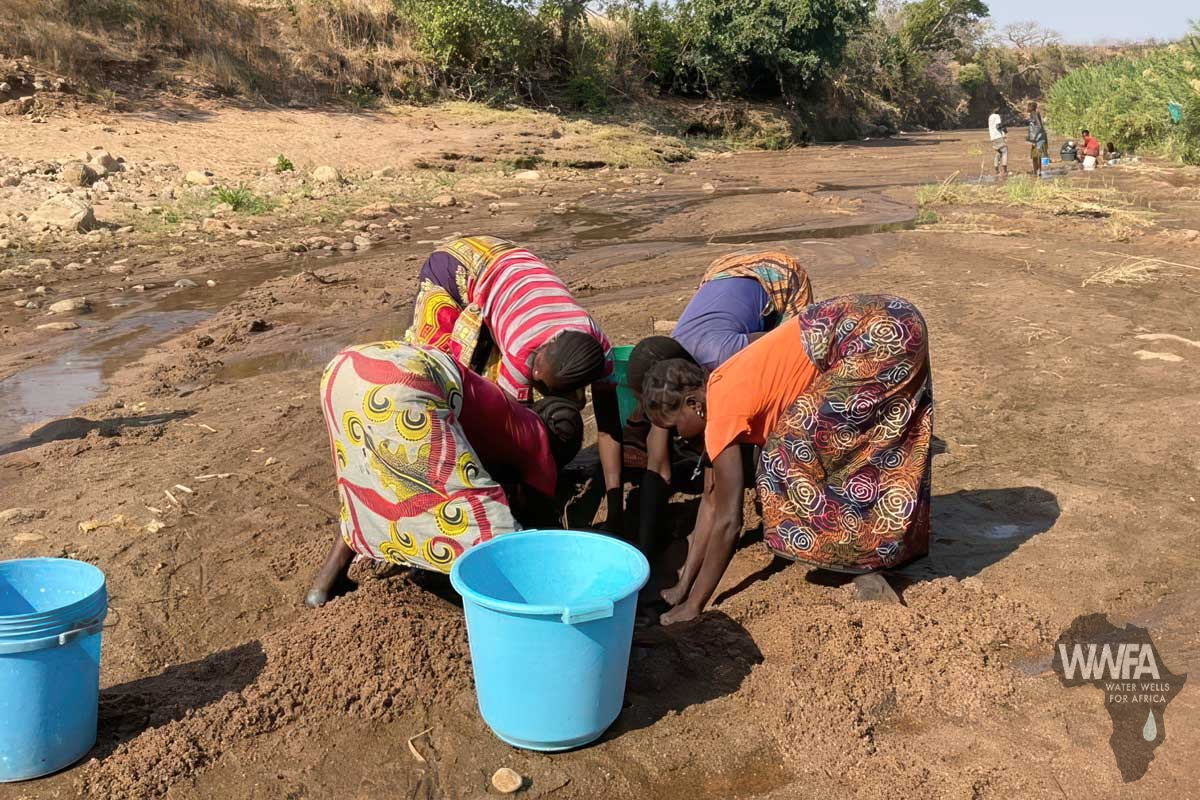
A Well at the Heart of the Village
That cycle broke in September 2025 when Water Wells for Africa (WWFA) installed a borehole in the center of the community. For the first time, clean water was not a luxury, a gamble, or a distant dream – it was a reality just steps away.
The difference has been immediate and undeniable. Health has improved, with cases of cholera, diarrhea, and scabies disappearing almost overnight. Children who once missed school are now in classrooms every day, ready to learn. Families have started home gardens, planting vegetables that bring color and nutrition to their meals.
Perhaps most striking is how water has empowered women. With hours of their day given back, many have joined Village Savings and Loans (VSL) groups. These groups have become a source of both financial growth and solidarity, allowing women to save money, access loans, and invest in businesses that benefit their families.
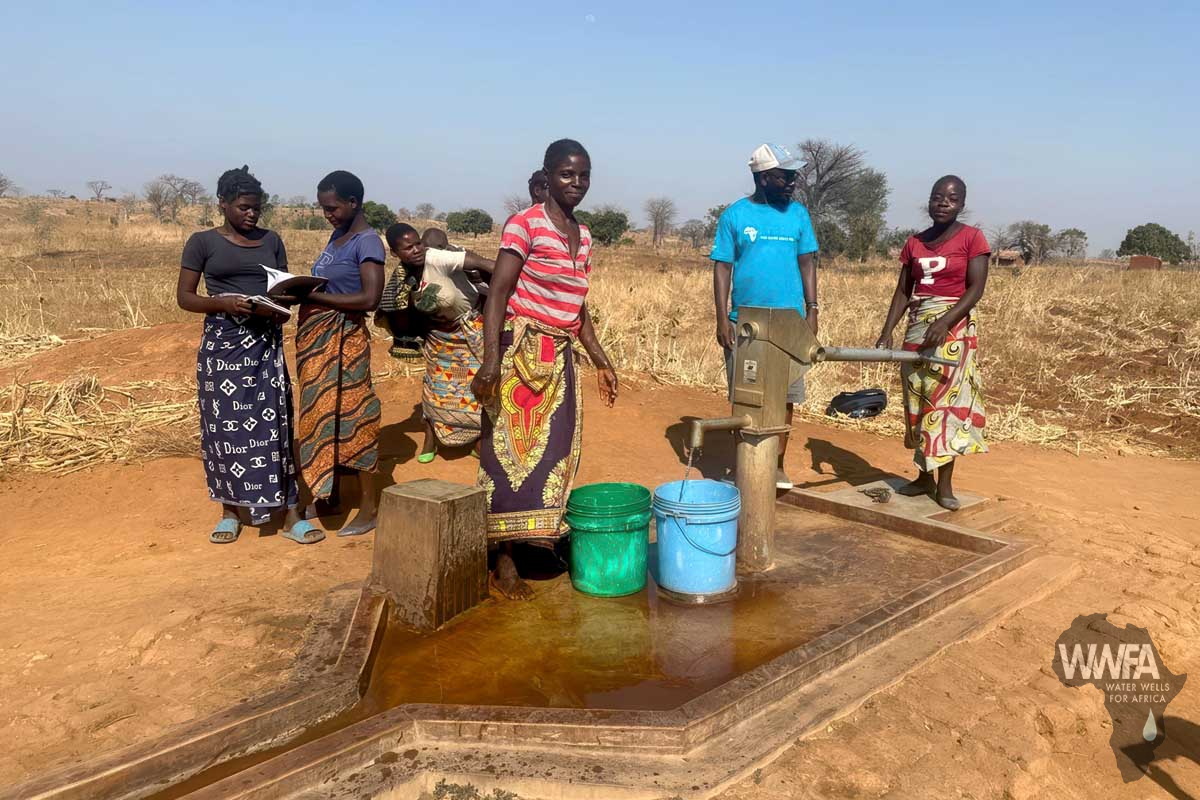
Lucia’s New Life
Among those whose lives have been transformed is Lucia Adam, a mother of three. She remembers the long walks to the river and the way her children cried from skin infections caused by dirty water. Her days were consumed by the search for water leaving little time for anything else.
Today, Lucia’s story looks very different. She tends a garden of leafy greens, tomatoes, onions, mustard, and okra right outside her home. The vegetables feed her children and provide income at the market.
“Now that water is just nearby, I have time to focus on my home garden,” Lucia explains. “Before, I couldn’t grow anything because I didn’t have enough water. But now, I grow vegetables right outside my house.”
Her earnings allow her to buy essentials like soap, salt, and even meat for her family.
“This means my family eats a balanced diet, and I don’t have to depend on anyone to meet basic needs,” she says with pride.
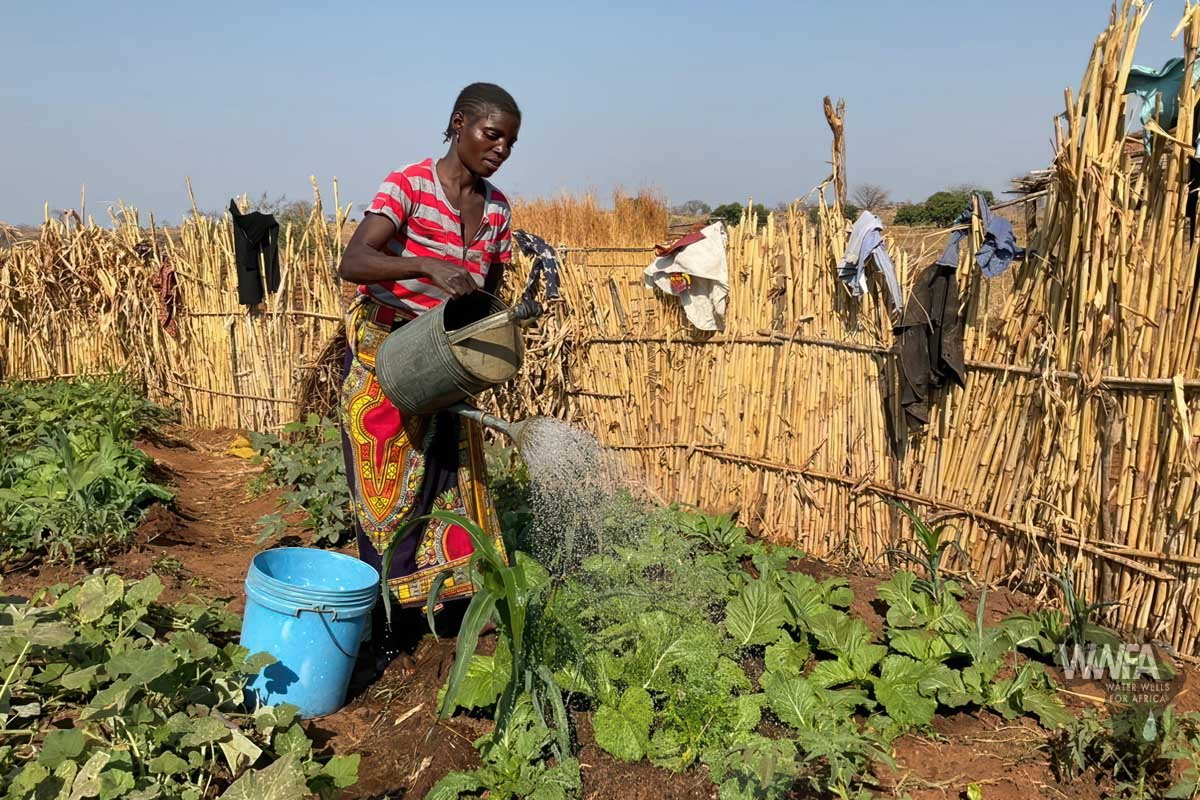
Hope Flows in Namilazi
Namilazi Village is no longer defined by what it lacks. Clean water has brought health, opportunity, and dignity. Families are thriving, women are empowered, and children are preparing for brighter futures.
For the people of Namilazi, the well is more than a borehole – it is the beginning of a new chapter, one where every drop of water fuels growth and hope.
